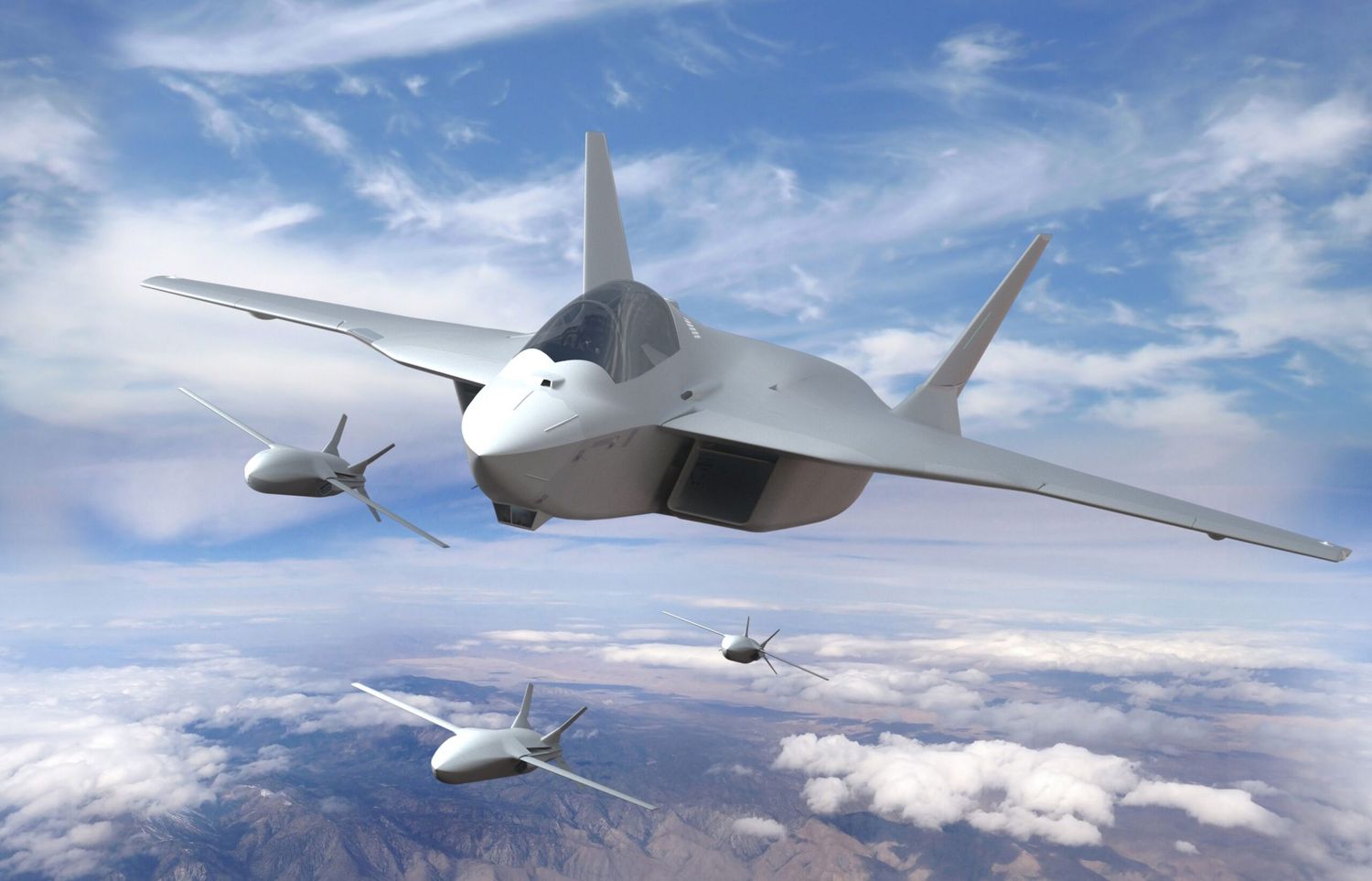Éric Trappier, CEO of Dassault Aviation, warned today that the agreement on the development of the new FCAS combat aircraft is not yet formally closed.
Last Friday, Airbus Defence and Indra, the main companies involved in the next-generation combat air system program on behalf of Germany and Spain, reported on their social networks that the necessary agreements were reached between the parties to unlock the work that will allow the FCAS program to move forward to its next phase.
Airbus statement on the Future Combat Air System #FCAS pic.twitter.com/DstorIcS24
— Airbus Defence (@AirbusDefence) November 18, 2022
See also: Farewell to the AFJT? Airbus wants to promote the KAI FA-50 in Western Europe
Christine Lambrecht, Germany’s Defense Minister, also said publicly that all parties involved had reached an agreement to move forward to Phase 1B of the program:
“The political agreement on FCAS is a major step and – especially in these times – a valuable sign of the excellent Franco-German-Spanish cooperation. It strengthens Europe’s military capabilities and secures important know-how for our industry, but also for European industry.”
But the optimistic announcements of agreement made by the companies and the Spanish-German authorities were followed by hours, then days, of suspicious silence from the leading French aerospace company. Dassault Aviation has not yet committed itself.

A shower of icy water
Éric Trappier, CEO of the company, gave a morning interview to RTL in which he said the following:
«A kind of pseudo-political announcement was made. I think the German authorizations – which were difficult to get – came out and that in turn led to some leaks. But it’s not done yet.»
Trappier went on to state that the deal «is not completely finalized» and that «nothing has been signed between Dassault and Airbus.»
See also: Japan and UK to develop new sixth-generation fighter, merging their F-X and Tempest programs
And therein lies the core of the conflict… who leads and who follows. Dassault wants to keep control of the program to develop the flight demonstrator and its most relevant associated technologies, while Airbus complains that this would leave them confined to the co-pilot’s seat, while paying the program costs equally.
The FCAS program is taking on soap opera overtones, and we will have to wait for the next chapter to see how this exciting story continues.


Comentarios
Para comentar, debés estar registrado
Por favor, iniciá sesión